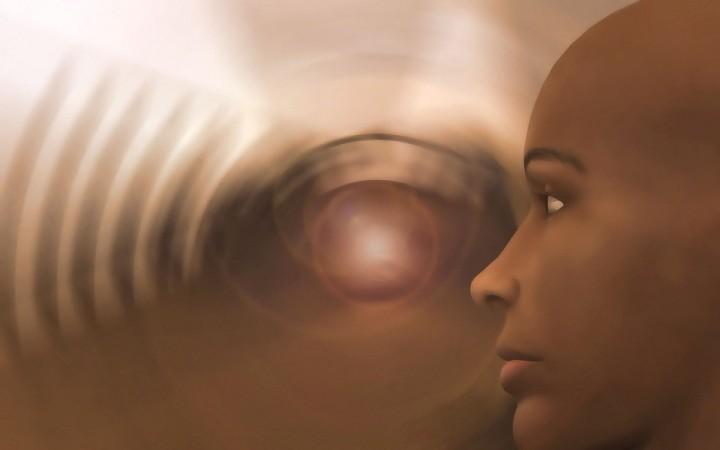
Almost all religious textbooks claim that life after death is real, and these books preach that humans start their eternal journey after taking their last breath. In order to substantiate their views, they cite examples of people who experienced a heavenly realm during a near-death experience (NDE). Now, a man named Scott has shared his mindblowing near-death experience testimonial on the Near-Death Experience Research Foundation (NDERF) website.
In the testimonial, Scott claimed to have entered an alternative reality after his brain was completely drained of blood and filled with cryogenic fluid during a surgical procedure. During the near-death experience, Scott apparently saw a beautiful lagoon surrounded by plants.
"I then left the earthly realm and entered into an alternate reality. I saw a lagoon that was surrounded by beautiful plants. Everything was soft to the touch. There were 4 or 5 entities who were present, but I could not see them. They assured me that everything would be all right and that I could leave anytime I wanted. They told me that this place was for me and it contained all the Unconditional Love I had for others and that they had for me. I did leave that place once but then came back. I asked why everything was soft and was told that the energy that binds matter here is that of Unconditional Love. The energy embraced me and the profound healing power of Unconditional Love healed me," wrote Scott on NDERF website.
As the testimonial shared by Scott went viral on online spaces, spiritualists outlandishly concluded that it is authentic proof of life after death. However medical experts have a different theory to explain this weird phenomenon. As per medical experts, during the time of death, the human brain will face scarcity to get sufficient oxygen. At these moments, the brain will adopt a survival technique and it is resulting in these visual hallucinations.
A couple of years back, a research conducted by a scientist named Sam Parnia had suggested that humans will know they are 'dead', especially after cardiac arrests, as their brains continue to work. As per Parnia, the cerebral cortex of the human brain will be active for two to twenty seconds after the death, and this helps patients to understand what is going around them after death.





!['Lip lock, pressure, pyaar': Vidya Balan- Pratik Gandhi shine in non-judgmental infidelity romcom Do Aur Do Pyaar [ Review]](https://data1.ibtimes.co.in/en/full/797104/lip-lock-pressure-pyaar-vidya-balan-pratik-gandhi-shine-non-judgmental-infidelity-romcom.jpg?w=220&h=138)







